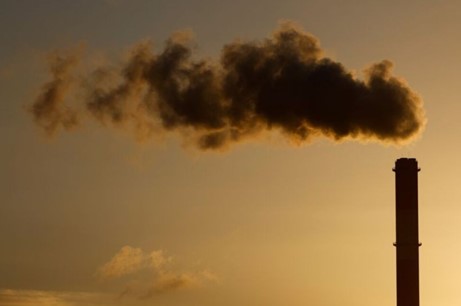
- Global Energy-Related CO2 Emissions Expected to Reach Peak This Year, According to Consultancy DNV
Global carbon dioxide (CO2) emissions from the energy sector are likely to peak this year, driven by decreasing costs of solar power and batteries, which are reducing reliance on coal and oil, according to a report by consultancy DNV released on Wednesday.
Why It's Important
Last year, global CO2 emissions reached a record high, pushing the goal of limiting global warming to 1.5 degrees Celsius further out of reach, according to experts and climate scientists. DNV's report suggests that even if emissions peak this year, their cumulative impact could still lead to a warming scenario of 2.2°C by the end of the century, due to a slow decline in emissions after the peak.
By the Numbers
The growth of solar photovoltaic (PV) installations and battery storage is accelerating. In 2023, global solar installations surged by 80%, reaching 400 gigawatts (GW), making solar energy cheaper than coal in many regions. Battery prices fell by 14% last year and are expected to continue dropping, which will make electric vehicles more affordable.
China, the largest consumer of coal and the biggest CO2 emitter, accounted for 58% of global solar installations and 63% of new electric vehicle purchases last year. The country's reliance on fossil fuels is expected to decrease rapidly as it increases its solar and wind energy capacity.
Key Quote
"Solar PV and batteries are driving the energy transition, growing even faster than we previously forecasted," said Remi Eriksen, DNV's group president and CEO. "Emissions peaking is a milestone for humanity. But we must now focus on how quickly emissions decline and use the available tools to accelerate the energy transition."
Context
In this year's energy outlook, BP predicted that CO2 emissions from the energy sector would peak by the mid-2020s, based on current trends. Shell's estimates suggest emissions from energy use, industrial processes, and land use could peak by 2030, reaching 10% above 2010 levels.